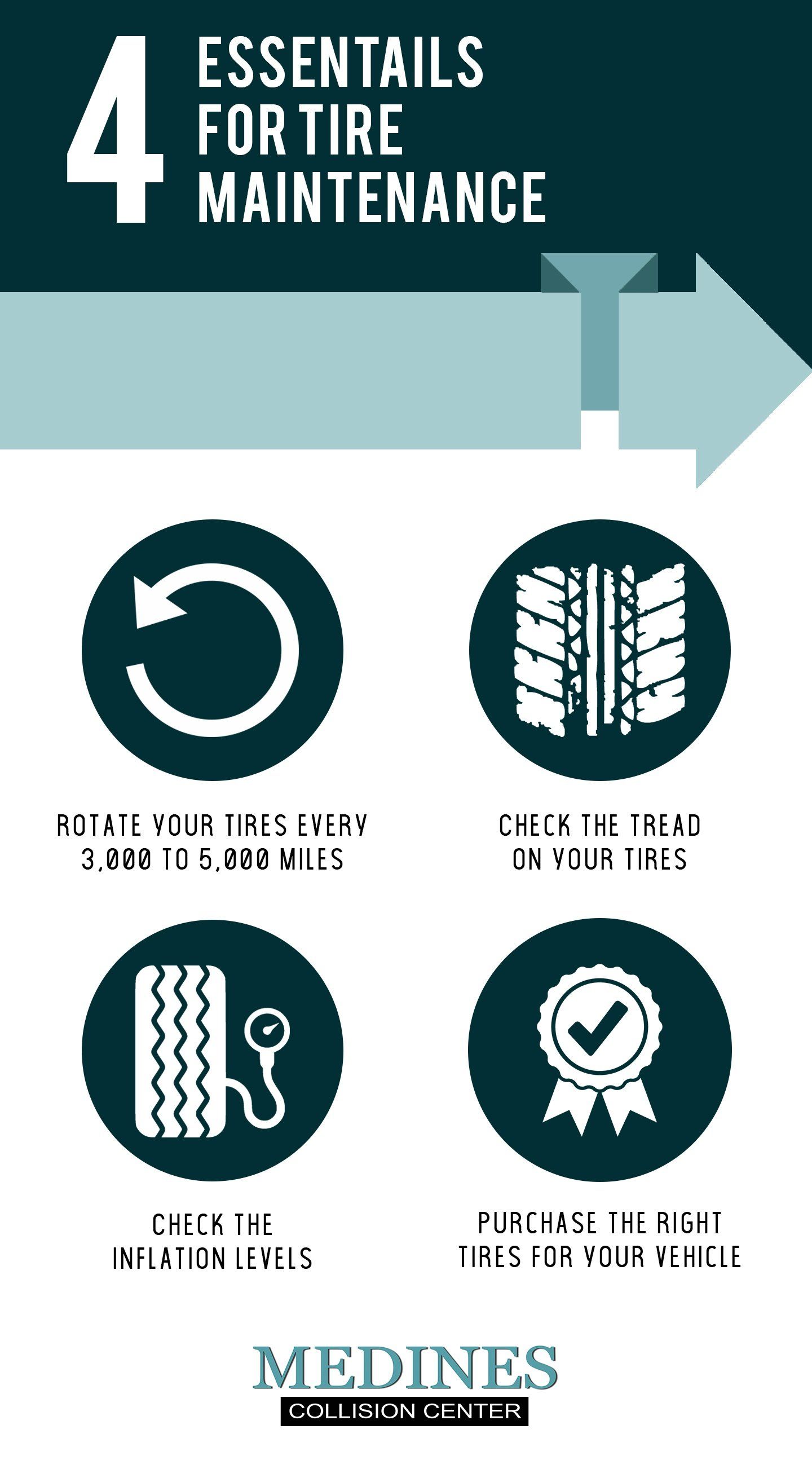Tire Safety: Why it Really Matters [INFOGRAPHIC]
Before any of us settle in behind the steering wheel, it’s our responsibility to ensure that our vehicle is completely roadworthy for both our own safety and that of others on the road. That means regular oil changes, working lights and signals, and tire maintenance. Each year, tire failure leads to thousands of otherwise preventable accidents. Drivers are injured and vehicles are totaled, all because proper safety measures were not followed.
Across the nation, tire blowout season is just getting underway, and for Louisiana drivers, our exceptionally warm temperatures can be especially problematic. Not caring for your tires, combined with the heat and increased likelihood of long road trips with overloaded vehicles all adds up to a recipe for disaster. To keep your commute a pleasant one, particularly during the dog days of summer, there are a few tire safety measures that you need to follow:
- Rotate Tires – Tires don’t wear evenly. In most vehicles, those in the front bear the brunt of the pressure and tend to wear down more quickly. In order to extend the life of your tires and maintain tread, tires should be rotated every 5,000 – 10,000 miles on average.
- Check Tread – An adequate level of tread depth is necessary for safe handling of a vehicle and grip in various road conditions. To ensure that yours is at an appropriate level, do the “penny test.” Insert a penny head first into the tread of your tire. If you can see the top of Lincoln’s head, your tread depth is at an unsafe level.
- Check Inflation – Improper tire inflation is the leading cause of tire failure. In particular, those that are underinflated can lead to problems such as poor steering control, blowouts, uneven tread wear, and can even impact your fuel efficiency by as much as 3.3 percent. Frighteningly, most motorists allow their tire pressure to go unchecked for extended periods of time, and research indicates that as many as 28% of light vehicles on US roads have at least one underinflated tire.
- Buy the Right Ones – Buying new tires may seem simple, but many drivers don’t make the best selections for their situation or vehicle. It’s important to seek the input of an expert who can help you determine how many tires you need to replace, and what size and brand best suits your needs. Making the appropriate selections will not only help keep you safe, but it will also allow you to extend the life of your tires by finding those that are most appropriate for the job.
Tire maintenance is just one safety consideration that drivers must make, but it is an important one. Some simple steps taken now can prevent an unfortunate event later. However, there will always be circumstances that, despite preparation, may be beyond your control. If you have been involved in an accident or your vehicle has been damaged in Baton Rouge, contact Medines Collision Center. Our team of professionals can help restore your vehicle to its roadworthy condition and get you back behind the wheel. Simply click here to request your estimate, or call us directly at (225) 357-7983.
Get Started Today!
Get your free estimate from Medine Collision today.


